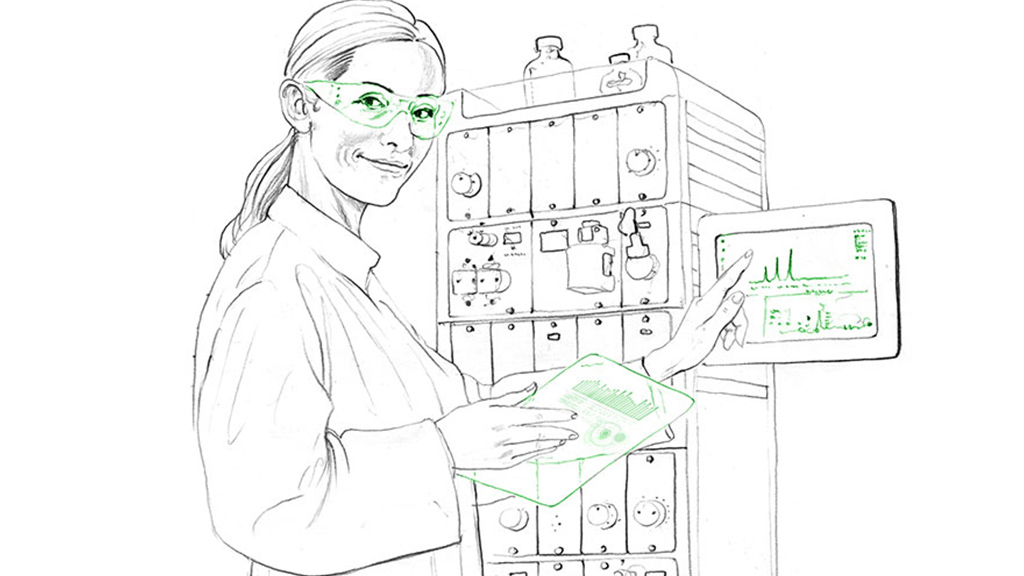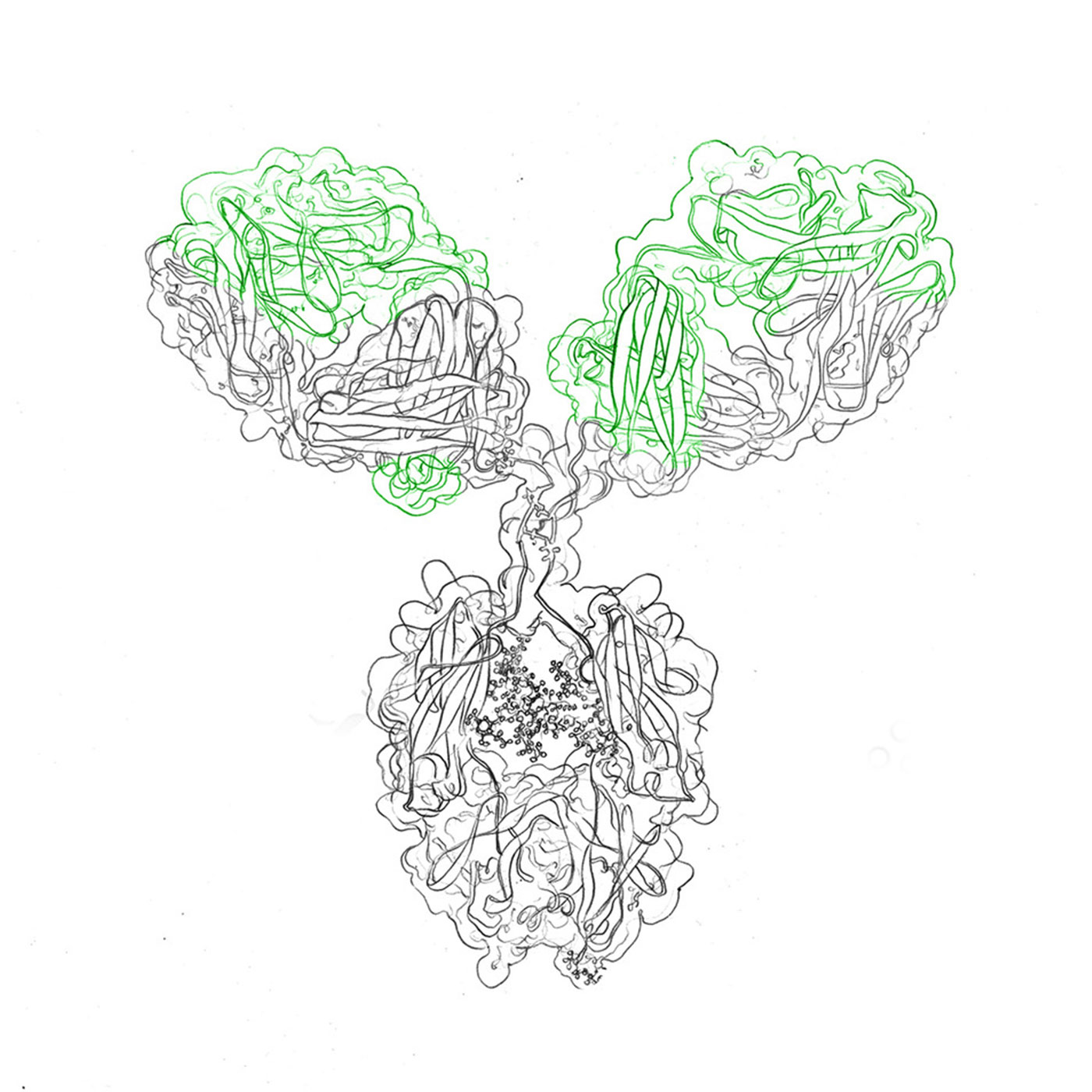Custom recombinant antibody production
We are a leading service provider for custom recombinant antibody production. Get in contact!
The numerous benefits of transient transfection come from its ability to allow protein production without permanently altering the cellular blueprint. This method, unlike permanent genetic modifications, swiftly synthesizes proteins within host cells. The versatility and adaptability of transient transfection across various cell lines and its scalable nature redefine the boundaries of antibody expression.
In this article, we will explore the many benefits and real-world applications of transient transfection, shedding light on its substantial contribution to advancing biotechnological endeavors like the production of antibodies and other recombinant proteins.
Transient expression holds significance for its ability to rapidly produce proteins within cells without permanently altering their genetic structure. Its quick and adaptable nature distinguishes it from stable transfection methods, making it crucial for various practical applications.
This technique serves as a valuable tool in time-sensitive experiments, enabling researchers to swiftly study protein functionalities and conduct experiments without the permanence of genetic changes seen in stable methods. Moreover, transient expression is instrumental in producing therapeutic proteins, allowing for their generation without leaving a lasting genetic mark on the host cells.
Subscribe to our Newsletter
Get all the latest updates, and learn about our advancements in antibody production.
Subscribe now
Transient transfection presents numerous advantages that contribute to its significance in biotechnological applications. Its distinct characteristics redefine protein expression methods, offering:
Now, let’s explore each of these advantages in more detail.
Transient transfection is characterized by providing:
The absence of permanent genome modification in transient transfection offers a controlled and reversible means to conduct experiments and produce proteins, maintaining the integrity and safety of the host cells.
Transient transfection facilitates rapid protein expression by swiftly introducing genetic material into host cells, prompting immediate protein synthesis without the prolonged adjustments necessary in stable transfection methods. This rapidity is crucial for researchers needing quick access to proteins, particularly in time-sensitive experiments or when urgent protein production is required for therapeutic or research purposes.
The accelerated protein expression afforded by transient transfection benefits researchers and biotechnologists working on projects demanding swift protein synthesis. For instance, in drug development or therapeutic protein production, where timely access to proteins is vital for testing or treatment formulations, this rapid expression capability becomes invaluable.
Additionally, in research scenarios where quick experimentation turnover is essential, transient transfection’s ability to swiftly provide proteins enables faster iterations of experiments, accelerating the pace of discovery and innovation. This feature streamlines biotechnological processes, enhancing productivity and enabling quicker advancements in various fields reliant on protein synthesis.
Read more: Stable vs. transient transfection

Transient transfection permits the use of varied cell lines, empowering researchers to select the most fitting for their experiments. This flexibility accommodates diverse research needs, allowing optimization based on scalability, protein type, and specific experimental requirements.
The choice also includes mammalian cell lines like HEK293 and CHO cells, enabling customization for optimal protein expression. This adaptability ensures tailored approaches, enhancing protein yields and overall efficiency in diverse biotechnological applications reliant on transient transfection.
Read more: Transient antibody expression in CHO cells: Our approach at evitria
Transient transfection streamlines scalability from small to large production scales without requiring extensive infrastructure. Enhanced transfection efficiency ensures consistency across scales, expediting the scaling process.
Its rapidity suits time-sensitive projects, offering adaptability and cost-efficiency. Moreover, its compatibility with various cell lines amplifies its versatility, catering to diverse protein production needs and enabling swift scalability for various applications.
Transient transfection accommodates diverse protein expressions, spanning antibodies, enzymes, signaling molecules, and therapeutic proteins. This versatility is advantageous as it enables the synthesis of various protein types, including complex proteins with specific modifications or intricate folding.
Researchers benefit from this adaptability, using it to study protein functions, conduct assays, and produce therapeutic proteins. Additionally, it facilitates efficient screening and quick prototyping, expediting the assessment of protein characteristics and the development of novel proteins or formulations.
We are a leading service provider for custom recombinant antibody production. Get in contact!

evitria specializes in leveraging transient expression systems for recombinant antibody production. Our focus on transient transfection technologies enables swift and efficient generation of high-quality antibodies. By optimizing expression and purification processes, evitria offers cost-effective and scalable solutions for biopharmaceutical manufacturing.
evitria’s expertise in transient expression empowers the rapid synthesis of antibodies, meeting the demands of therapeutic development, clinical and diagnostic applications. With our commitment to enhancing yield, quality, and speed of antibody production, we provide partners around the globe with high-quality antibody expression services.